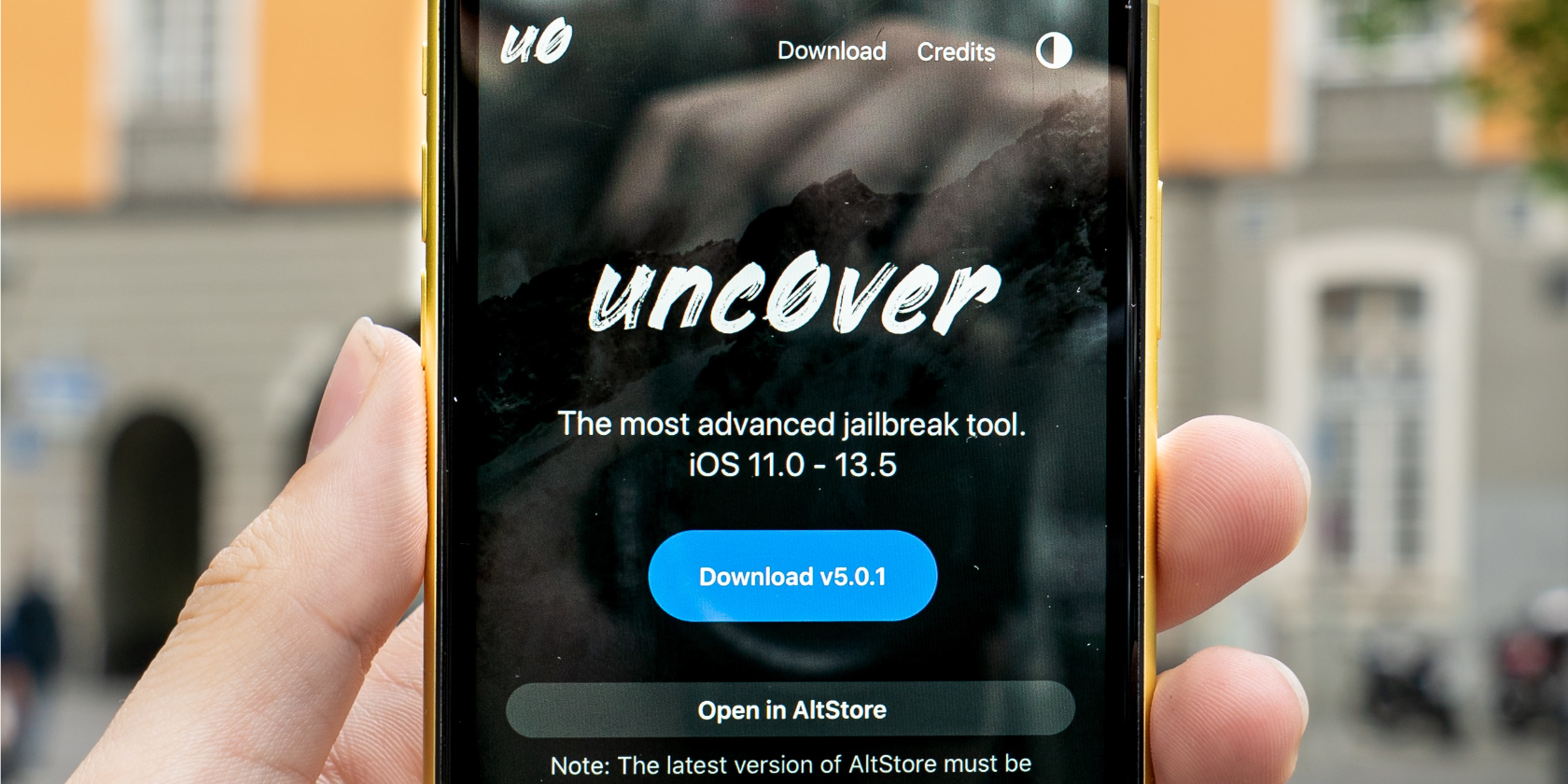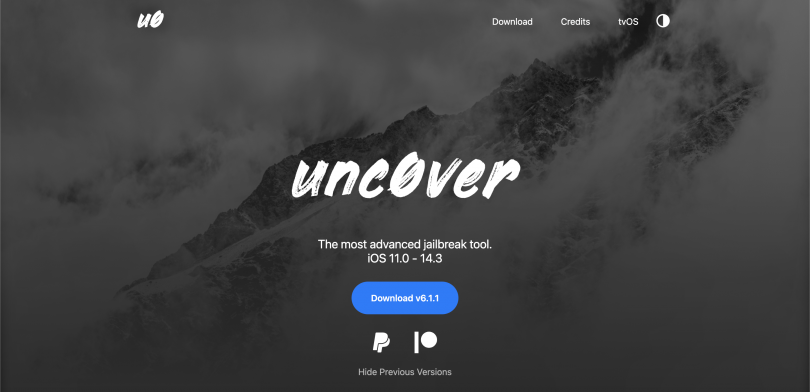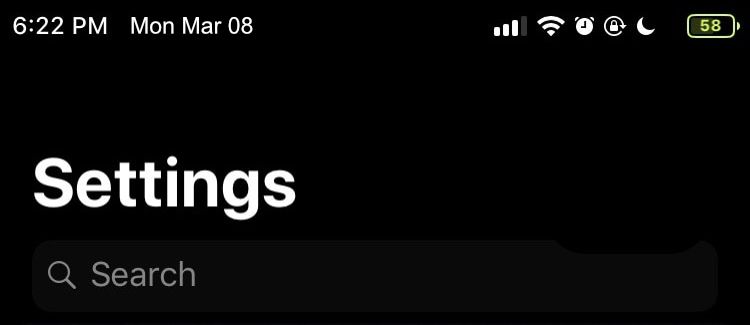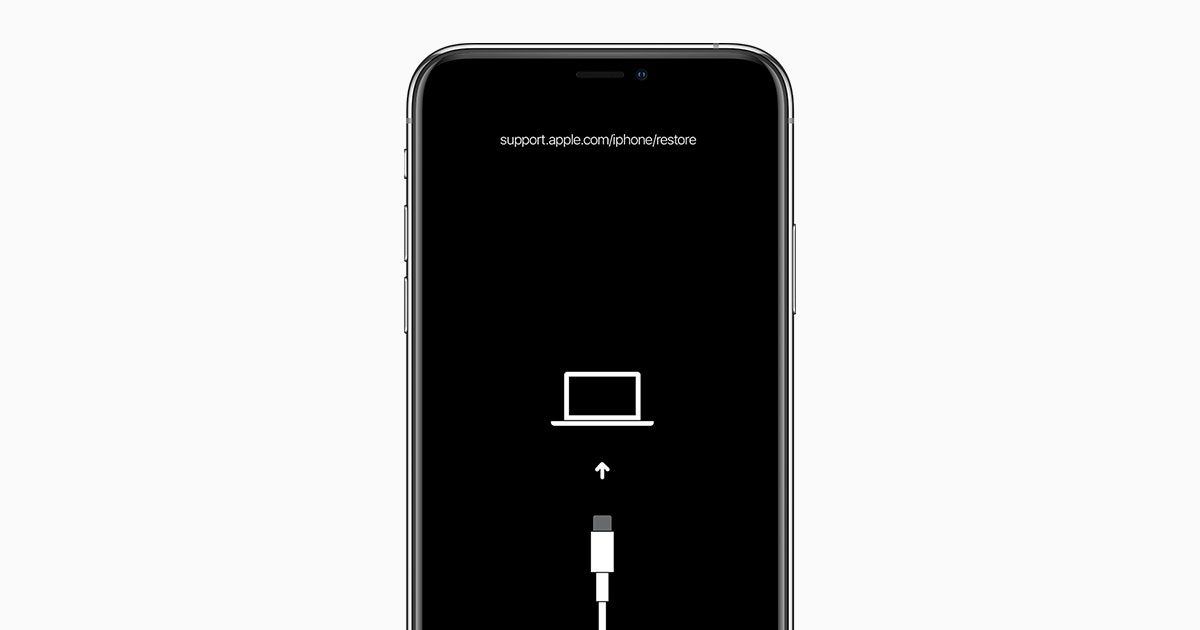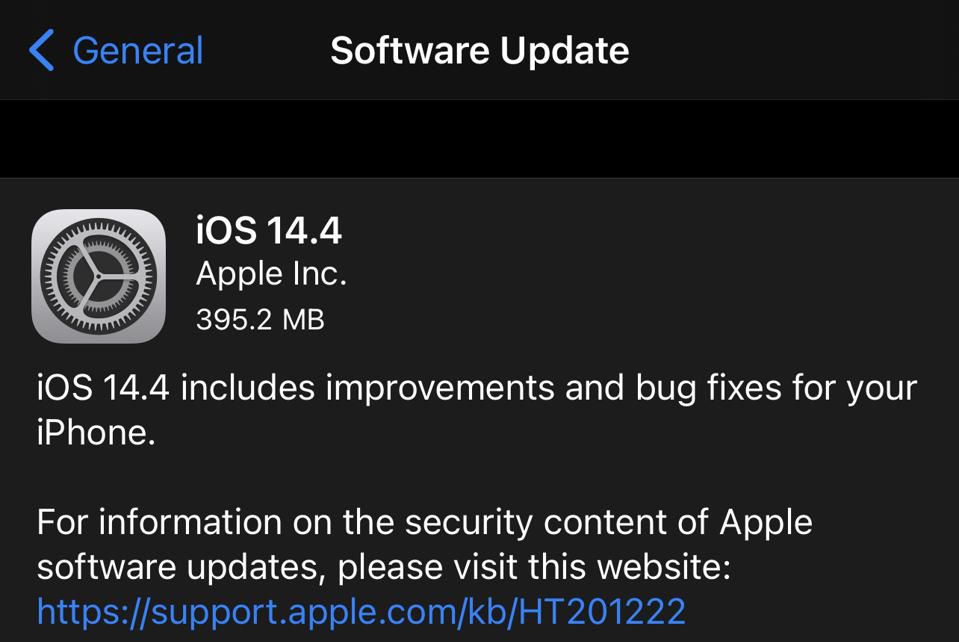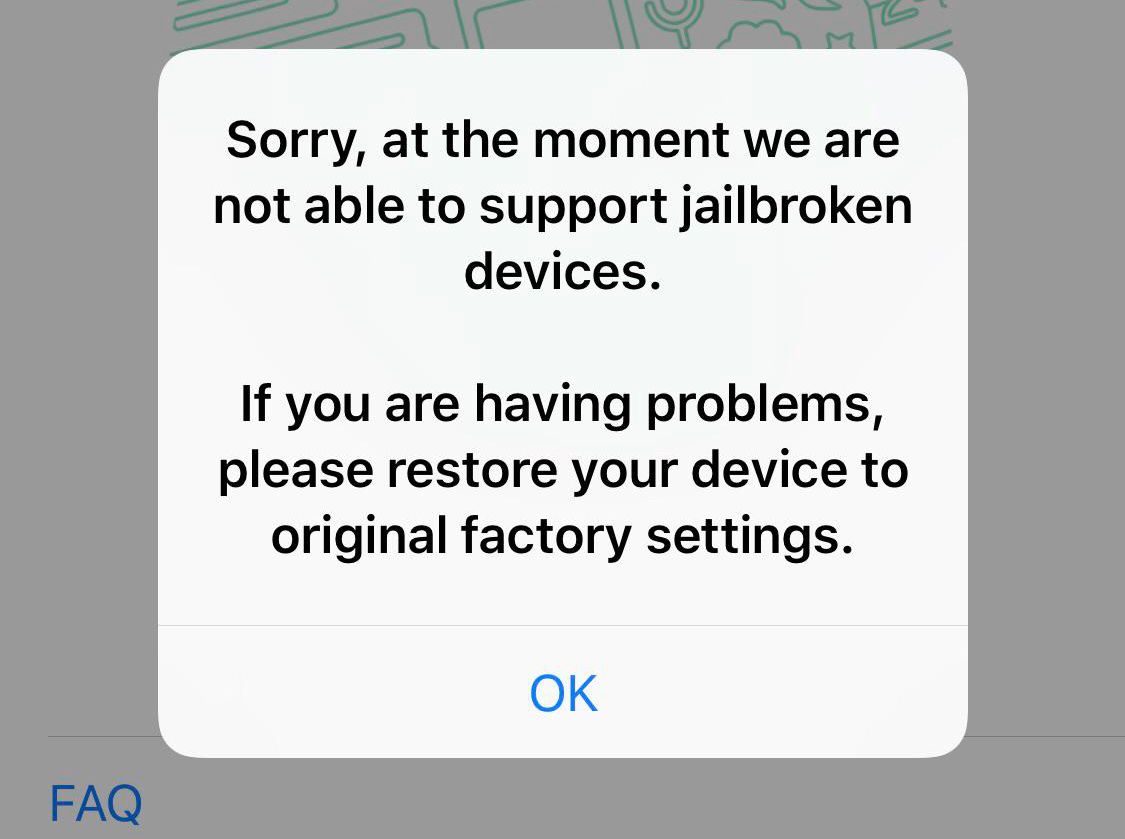So you've heard of jailbreaking and it's caught your interest. You want to start customizing your iOS experience. Despite being easy, free, and completely legal, jailbreaking your iOS device will still void your warranty.
There are plenty of reasons for and against jailbreaking. If you're worried about the possible consequences and wondering whether the advantages outweigh the risks, here are a few arguments to get you thinking.
The Arguments for Jailbreaking
It's Easy
With the latest tools for the latest versions of iOS from Unc0ver, jailbreaking your iPhone couldn't be easier. Take a look at our guide on how to jailbreak your iPhone if you want to learn more about the process involved.
Jailbreaking an iOS device is super simple. All you need is a computer and an iPhone, and within a few moments you'll have a device jailbroken!
You Can Unlock New Apps With Cydia
Cydia is the unofficial app store for jailbroken iOS devices. This is where you download apps and tweaks that aren't on Apple's App Store. You can download all kinds of software here, from tweaks that change the look of your device to apps that are unavailable elsewhere.
There are both free and paid downloads available on Cydia. Rather than paying through Cydia as you would with the official App Store, you pay the developer directly. This is a big bonus for developers, as they don't have to pay Apple's fees.
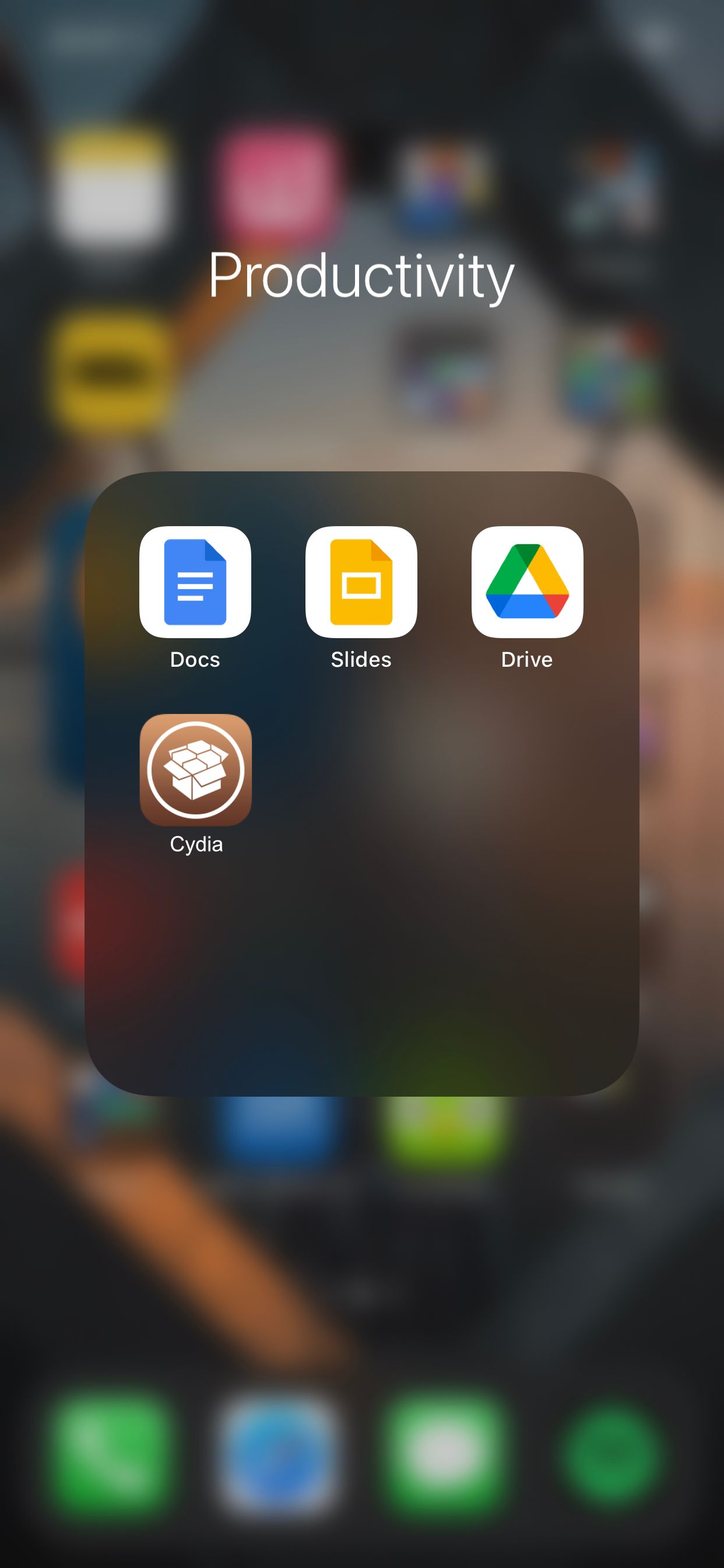
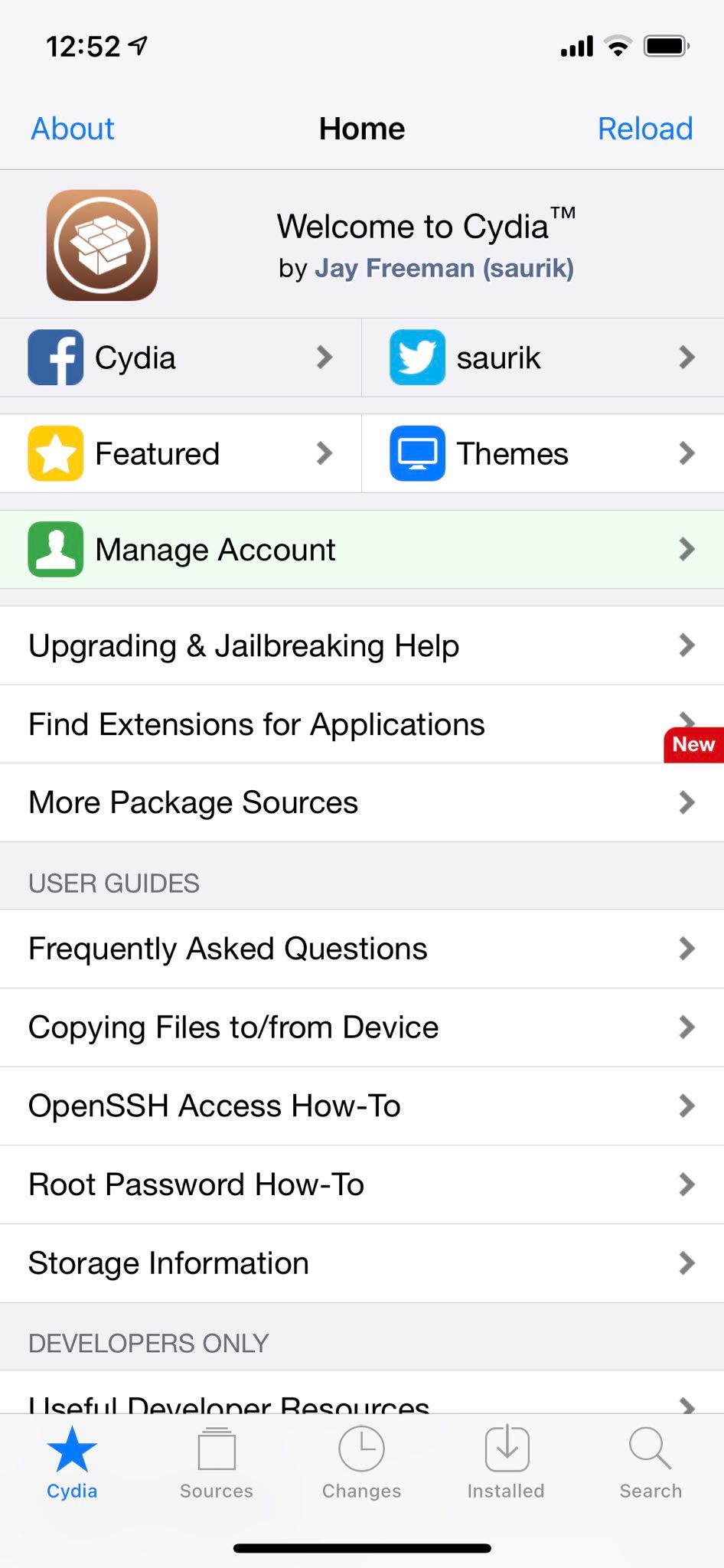
The potential for app development has been given a new lease of life with recent successful jailbreaking techniques. Not needing to get apps approved by the official App Store can save developers time and money: perfect for any independent coders.
Developers certainly won't hit the particularly high number of downloads seen on the official App Store. But for many, it will be a chance to get their work on iOS without having to worry about Apple's approval.
You Can Unlock Unparalleled Customization
Jailbroken devices are much more customizable than those running stock iOS. Not only can you change the physical appearance of your Home Screen, Lock Screen, keyboard, icons, and so on, but you can also add useful software tweaks to the UI that aren't already available.
The possibilities are pretty much endless.
One such example was the Dark Mode tweak back before iOS 13 introduced a native option. This brought the much-anticipated feature to iPhones through a jailbreak tweak rather than having to wait for Apple's rollout of the feature.
A jailbroken iPhone can really become your own. You can change the whole iOS experience to match your preferences. This is perfect for those moving over from Android who are familiar with customization options.
You Can Bypass Restrictions
Jailbreaking your iOS device enables you to change your iPhone's behavior, and you can even add some nifty extra features. You can also bypass some of the restrictions that control the use of your device.
One key example of this is being able to unlock your iPhone from your cellular carrier without having to pay any fees to do so. This would allow you to use another data plan with another carrier on the device, even if it's been locked.
There are also other smaller changes you can make to bypass restrictions and changes that Apple makes for iOS, such as being able to see more detailed information about your connections and add the battery percentage back to the status bar.
The Arguments Against Jailbreaking
It Could Go Wrong
You might have heard of the term "bricking" if you've Googled jailbreaking before. This is where your iPhone is unable to load the springboard and becomes unusable. Essentially, as much use as a brick.
Many users have reported that it is quite easy to recover your device should something go wrong, but there is still a risk that you won't ever be able to recover your iPhone.
So whilst a complete brick is unlikely, it's still possible.
If you're not the type who is fond of fiddling to the point of breaking something, then spending all night trying to fix it again, then jailbreaking might not be for you.
If you do brick your iPhone, it's likely that Apple won't be able to help you out as you'll have voided your warranty by trying to jailbreak in the first place.
Even if your device is recoverable, it'll need to be wiped and you'll have to start all over again.
Note: If you jailbreak your iOS device then restore to Apple's firmware, there's little Apple can do to detect your past jailbreaking. This means that Apple should still service your device under the warranty. Just don't let Apple know you've fiddled with it. If it breaks in a jailbroken state and Apple finds out, it won't fix it.
You'll Be Unable to Receive Firmware Updates
Apple often rolls out firmware updates soon after a successful jailbreak release, as it tries to patch the jailbreak exploitation. There are plenty of reasons why you should update your iOS devices, such as increased security and new features.
However, any updates are guaranteed to reverse your jailbreak.
You'd need to do jailbreak your iOS device all over again once the update is jailbreak-compatible to restore your phone's untapped potential. It's likely that it will be months before new software can be jailbroken, and sometimes it never happens.
If you're happy to play around with your jailbroken iPhone and then update it and wait a bit because you want the newest features, that's great. But it's a big caveat that can be an inconvenience for many.
You'll Be Vulnerable to Security Risks
The risks of installing modified firmware on any device should never be overlooked. After all, there's a reason that Apple's software isn't meant to be fiddled with.
Potential security holes, bugs, or even third-party applications could compromise your device or put your data at risk. The lack of security updates for a jailbroken device is also a hazard as your device becomes vulnerable to nasty exploits that nefarious hackers might use.
Every iOS device utilizing firmware with a serious security flaw should be updated as soon as possible to protect against the flaw. The only issue here is that many users may be tempted to keep their jailbreak in favor of installing Apple's update.
Most people agree that fixing a big security hole is more important than installing a couple of banned apps, but it's an example of how delaying an update due to a jailbreak can make for an unwise decision.
Also, there are quite a few apps that can detect a jailbroken device and won't work properly. The most notable apps to do this are your mobile banking apps. Now, those apps are fairly important for you to have access to.
So, Should I Jailbreak My iOS Device?
We've examined some arguments both for and against jailbreaking your iPhone. If you're still considering it, then chances are you'll love your new jailbroken device and all the things you can do without Apple's approval.
But, if you're happy with your standard iPhone, love the App Store, and don't need half of the features that come with a jailbreak, don't bother. It's far easier to maintain a non-jailbroken device anyway.

